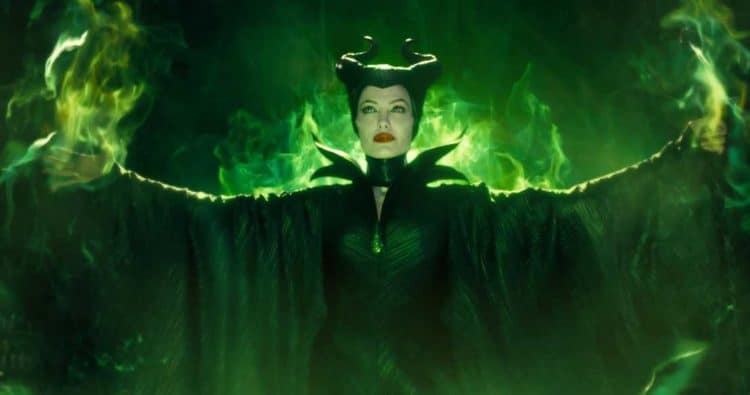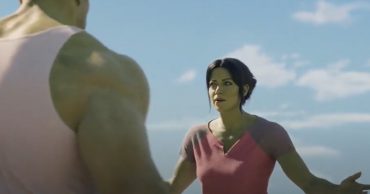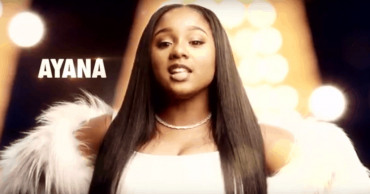
It’s no secret that, in fiction, the villain is oftentimes more interesting than the hero. The Darth Vaders, Jokers and Hans Grubers of the world have rightly become household names while elevating the franchises and protagonist to which they are associated to heights they would surely not have been able to reach without their most fascinating antagonists. Yet, despite the increasingly large spotlight available for female characters in media, the quality and quantity of female villains has, if anything, decreased. Why is that?
Well, let us take a look at some recent female characters who have flirted with villainy in US media, appearing in the movies Maleficent and Cruela, and the televisions series Game of Thrones and WandaVision. Spoiler alerts for all of those by the way, for while villains can be interesting to watch and read about that does not mean we want to be one.
Consider the examples of Maleficent and Cruela, late of the Disney properties. While past incarnations of those characters which appeared in the classics Sleeping Beauty and 101 Dalmatians were unapologetically wicked, so strikingly so that they have lingered in the memories of generations of viewers, the more recent versions of the characters have had sympathetic backstories imposed on them. Maleficent was reimagined as an angelic and misunderstood figure in her 2014 movie, while Cruela’s puppy killing hobby was justified in her 2021 feature by that most trite of explanations—the puppies killed her parents!
It’s silly. And unnecessary. Those villains were great as they were, and the recent retcons have only lessened them. To what end? Is the idea of a female villain so troubling or problematic that even those from older times must be reimagined as heroes? Women are every bit as capable of being villains as men! Villainy is an equal opportunity business.
This phenomenon has plagued any number of recent productions, enough that it has become worthy of consideration and, perhaps, addressing. Take the cases of Daenerys Targaryen and Wanda Maximoff, from the Game of Thrones and WandaVision television series’ respectively.
Thrones’ later seasons were so poorly received that it has gone from the most talked about series on television to something that most former fans would seemingly rather forget. There are many factors that contributed to this, such as the lack of source material to draw from due to the glacial writing pace of George R. R. Martin, from whose still-unfinished A Song of Ice and Fire novels Thrones was adapted, but one of the most talked about things that caused Game of Throne’s ending to be such a dud was the treatment of Daenerys, the popular and prominent Queen and dragonrider.
Played by Emilia Clarke, Daenerys was portrayed as a heroic figure throughout the show’s eight season run, right up until the last two episodes, in which her abrupt turn to genocidal villainy left many viewers a bit nonplussed. Quite what the showrunners know of Martin’s plans for future novels remains an open question, but if dark acts by Dany were promised it might explain their decision to end her story in this way. Their decision to have it happen so abruptly and with so little buildup is another matter.
The idea of a girl with good intentions slowly being corrupted by her growing power and the controversial decisions and compromises that she must make to maintain it is a tale worth telling. It would have been fascinating to watch Daenerys break bad, as it were. If written well, she might even have been remembered with the same regard as a certain Mr. White. But instead fans were treated to a last minute heelfaceturn towards villainy. It’s a shame, a disservice to the character, and a case of the writers wanting to have their cake and eat it. They could have charted her fall over the course of several seasons, or at the very least over the course of the last one, but instead chose to have said fall come with the suddenness of an Acme brand anvil dropping on the head of Wile Coyote. Charting such a decline would have required showing their female lead as flawed and corruptible, however, rather than the hero they wanted her to be … for all but those last two episodes. And the writers shied away from that.
Again one must wonder why Hollywood is so reluctant to commit to the idea of a female villain on par with the many memorable male ones they have given us.
They were on the verge of doing so with Wanda Maximoff in the recent Marvel series streamed on Disney+, but again fell short. In it we see a combination of grief and her strange psychic powers drive Wanda to take control of an entire American town, forcing the residents to act roles in the ideal life she wishes for herself. It’s a good take on a villain, a nicely tragic one, but it was severely undercut by the ending, in which Monica praises Wanda for having a change of heart and releasing the people from her control. “They will never know what you sacrificed for them,” she says, in a bizarre attempt to reframe Wanda’s actions as heroic. As if deciding to stop enslaving the people you had enslaved is the act of a hero rather than the bare minimum required for decency!
It was another missed opportunity. Wanda could have been a very interesting villain, but the writers balked at the final hurdle and hastened to unconvincingly reframe her actions as those of a hero instead. That was bad. How unnecessary it was is worse. Would there have been backlash to such a storyline? From whom, and why should it be feared?
Male characters are afforded the freedom to be unapologetically evil, to fail, to make mistakes and give in to the worst parts of their multi-faceted personalities. Female characters are rarely, if ever, afforded those same freedoms in modern Hollywood. Instead they are locked into smaller, less interesting roles. That does not need to be the case, for we are all equally human, equally flawed, and equally capable of being both heroes and villains. The sooner Hollywood learns this, the better.Hans Grubers
 Follow Us
Follow Us




